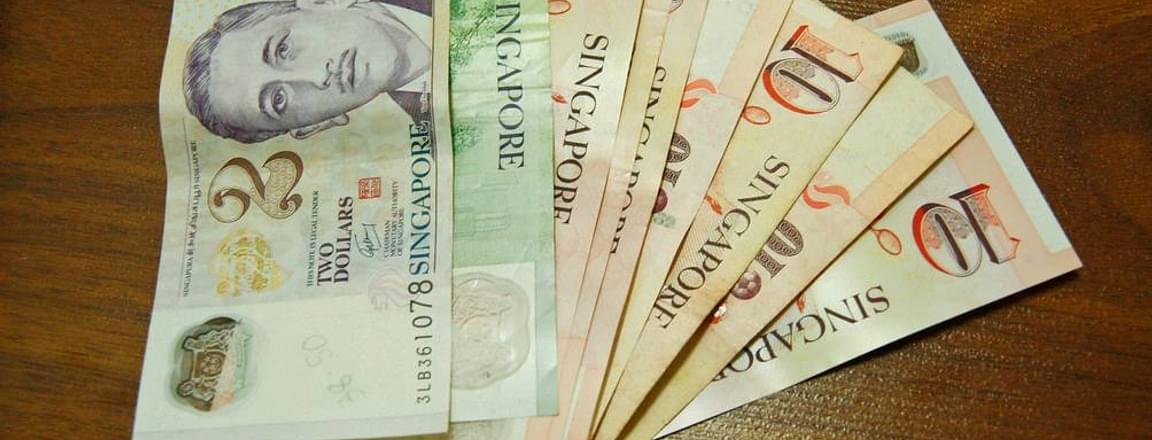
Understanding Singapore Currency

Singapore Dollar (SGD) Overview
The Singapore Dollar (SGD), which is integral to the vibrant island nation's economy, is the official currency of Singapore, a bustling Southeast Asian destination. Managed and regulated by the Monetary Authority of Singapore, SGD plays a pivotal role in both domestic transactions and international markets, making it a cornerstone of Singapore's financial landscape. Its abbreviation, SGD, is often stylized as S$, distinguishing it from other dollar-based currencies. If you're planning a trip to Singapore, keep an eye out for enticing SGD exchange rates in Singapore travel packages!
| Currency Name | Singapore Dollar |
| Short Name | SGD |
| Symbol (s) | S$ |
| Coins | S$1, 5S¢, 10S¢, 20S¢, 50S¢, S$5, 1S¢ |
| Bank Notes | S$2, S$5, S$10, S$50, S$100, S$1000 S$20, S$25, S$10000 |
| Central Bank, Name & Website | Monetary Authority of Singapore | www.mas.gov.sg |
History and Development of Singapore Dollar (SGD)
The Singapore dollar was created in 1967 following the separation of Singapore from the Federation of Malaysia. Originally managed by the Monetary Board, it was merged with the Monetary Authority of Singapore in 2002. Over the years, the currency has evolved to include different denominations, from S$2 to S$10,000, and coins, from 1 cent to S$5.
Economic Strength and Stability Singapore Dollar (SGD)
Singapore's economy has a rich history, dating back to its role as a trade and shopping centre in the 19th century. Since independence, Singapore has experienced rapid growth driven by the manufacturing, services and financial industries. Singapore is known for its favourable economic laws and attracts entrepreneurs and investors from all over the world. Despite its small size, Singapore is one of the richest countries in the world, along with Asian countries like Hong Kong, Taiwan, and South Korea.
The Singapore dollar is a symbol of economic vitality and stability in the bustling city-state of Singapore. With a rich history, strong market presence and resilient economy, the Singapore dollar continues to play an important role in the domestic and international financial landscape, reflecting Singapore's unwavering commitment to excellence and prosperity.
Update your location?



